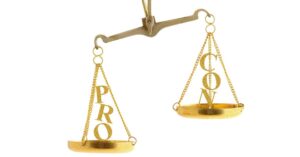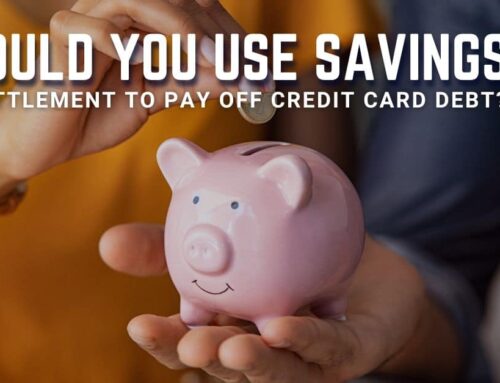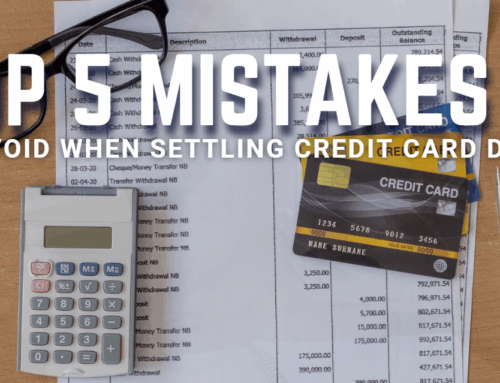When you’re struggling with overdue debt, you might consider debt settlement as a solution. Depending on your approach, you can either rely on a third-party debt settlement company or settle the debt on your own.
Some experts caution that using a debt settlement company can be expensive and risky. On the other hand, a DIY settlement plan might be effective, but it can be challenging to execute. So, is debt settlement a good idea? First let’s talk about what debt settlement is.
What is Debt Settlement?
Legal Debt Resolution, also known as debt settlement, involves negotiating with your creditors to reduce the principal amount of your debt, helping you become debt-free as quickly and affordably as possible. Unlike minimum payments that primarily cover high-interest rates and barely touch the principal, debt settlement directly addresses the principal debt amount, breaking the cycle of mounting interest.
Debt settlement is not just a plan or program; it’s a specialized and aggressive financial strategy designed to effectively eliminate debt. By negotiating with your creditors, settlement agents can help you get out of debt faster and save more money compared to other options.
Debt settlement comes with costs. Debt settlement companies typically charge a fee ranging from 15% to 25% of the amount you owe for each successful settlement. For instance, if you owe $10,000 and the company charges 25%, you’ll pay a $2,500 fee on top of the settled amount.
(people shaking hands over a payment)
While debt settlement can be an attractive option, it’s not without challenges. The process can take two to four years, and falling behind on payments can have serious consequences. Given these factors, is debt settlement a good idea?
Is Debt Settlement a Good Idea?
So, after seeing some potential issues that this debt relief option can have you may ask yourself, is debt settlement a good idea? A number of benefits that debt settlement provides can make it a desirable choice for handling excessive debt. The possibility of paying off your debt for less than the entire amount owed is one of the biggest advantages. When compared to repaying the entire amount, this principal reduction can save you a significant sum of money.
Even though debt settlement will initially result in a lower credit score, the long-term advantages frequently outweigh the drawbacks. After your bills are paid off, you may begin repairing your credit score without having to worry about having a lot of debt or making monthly payments. Having no debt gives you a better starting point for gradually enhancing your creditworthiness and financial stability.
Debt settlement frequently works better than bankruptcy or credit card counseling. During the five to seven years that credit card counseling programs last, you are required to repay the full amount of your principal balance. These programs can assist you in managing your debt, but they might not offer relief right away and may need full payments.
Conversely, filing for bankruptcy might negatively impact your credit score for a period of seven to ten years. This long-term effect may make it difficult to get fresh credit, purchase a house, or in certain situations, even find work. Furthermore, credit card counseling and bankruptcy are normally public documents that can be viewed by lenders, prospective employers, and other parties.
On the other hand, debt settlement is not subject to public record. For people worried about how their financial troubles may be seen by the public, this anonymity can be a huge benefit. Furthermore, debt settlement plans are frequently made to be finished in less than three years, providing a speedier fix for your money problems. Because of the shorter timeline, you can begin reestablishing your financial future sooner.
In conclusion, is debt settlement a good idea? Well, debt settlement offers a realistic and possibly quicker path to debt freedom. You can lessen your debt load, preserve your privacy, and open the door to a better financial future by negotiating with your creditors. The long-term advantages of paying off your debt and regaining financial stability make it a worthy decision, even though it can momentarily impair your credit score.










